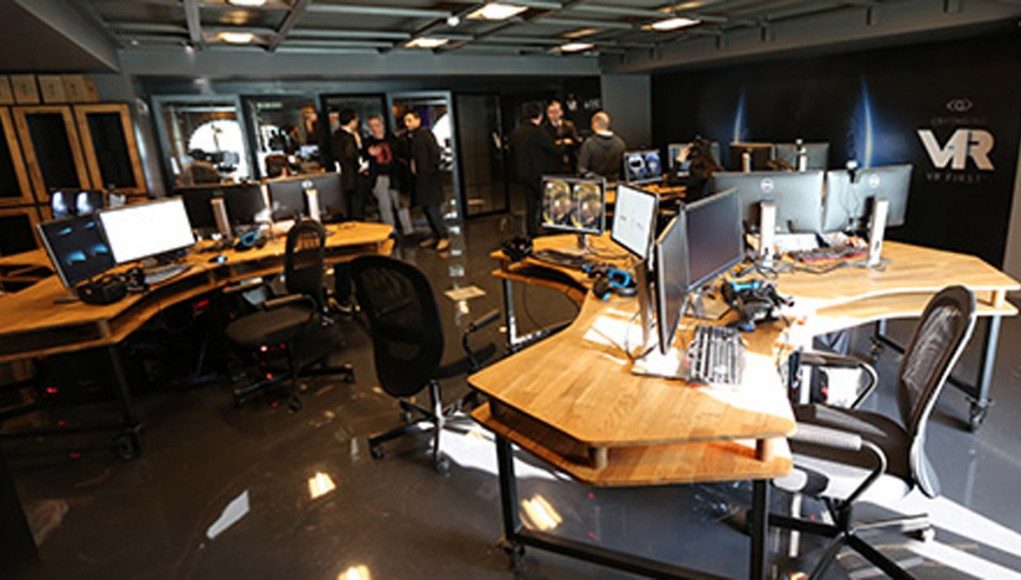Crytek recently announced a new initiative that they’re calling VR First. The goal is form so-called ‘VR First Labs’ within academic institutions to act as ready-made centers for a wave of future VR developers.

Crytek is the company behind CryEngine, a game development suite known for its impressive graphical capabilities. Along with game engine giants Unity and Unreal, CryEngine has been making moves to be the virtual reality development platform of choice. The company is also working on their own first-party virtual reality games, like the recently announced The Climb.
The company’s newly announced VR First initiative seeks to spur virtual reality development by providing software (like CryEngine, of course) and hardware from yet-to-be-named affiliates for free to academic institutions who want to be home to a VR First Lab. The company says they’ll provide full source code for CryEngine and access to the lab and its hardware free of charge to “equip a new generation of talent to explore the power and potential of VR.”
A pilot VR First Lab has been opened Bahçeşehir University in Istanbul, and the company says they want to establish such labs worldwide. Crytek encourages interested parties to sign up using the form at the bottom of the official VR First site to be considered for the program.
See Also: OSVR Academia Program to Give 10 VR Headsets to Each Eligible University
A video from the company with a curiously dystopic narration explains more about the VR First initiative:











